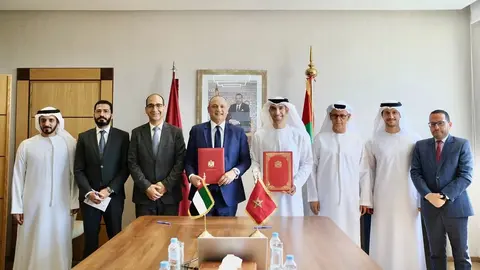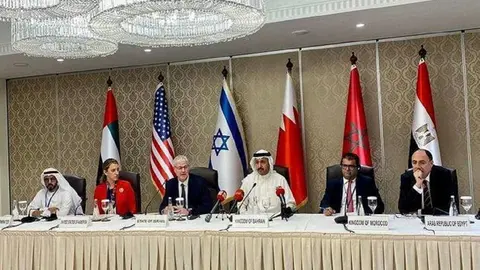UAE consolidates its leadership in international trade
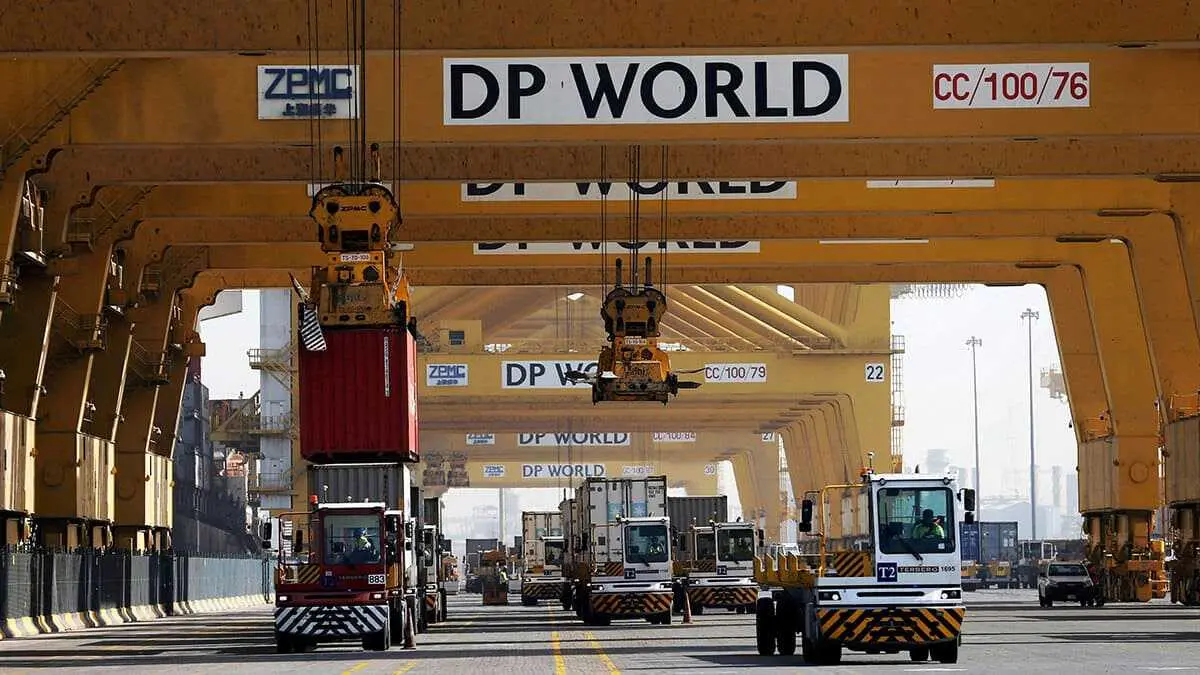
The United Arab Emirates (UAE) has strengthened its position as a regional economic powerhouse and a key player in global trade, according to the latest international shipping and cargo handling data. This remarkable growth in international trade, particularly in large economies, underlines the UAE's growing importance as a strategic export hub.
Ports along the Persian Gulf coast have been instrumental in this evolution. They have achieved significant and record-breaking advances that have driven the country's commercial and economic renaissance, consolidating its role as a strategic player and engine of global trade.
According to Al Arab, these hubs of international and regional trade have become key points for the UAE's economic growth and revenue diversification. They actively compete with other major trade routes in the Gulf region, such as Saudi Arabia and the Sultanate of Oman, despite tensions in the Red Sea.

The UAE's maritime sector has been crucial to its ambition to become a global leader in shipping. Global challenges have affected trade and shipping operations, yet the UAE has maintained steady growth in its maritime sector, ranging from port operations to shipyard construction and maintenance; meeting high international standards of maritime safety and environmental protection.
In April this year, Prime Minister Mohammed bin Rashid Al Maktoum noted that the country's total foreign trade reached an all-time high of approximately Dh4.4 trillion ($1.2 trillion) last year. He further mentioned that the country's services exports reached $164.9bn in 2023, up from $155.1bn the previous year, with more than Dh46.2bn coming from digital services exports.
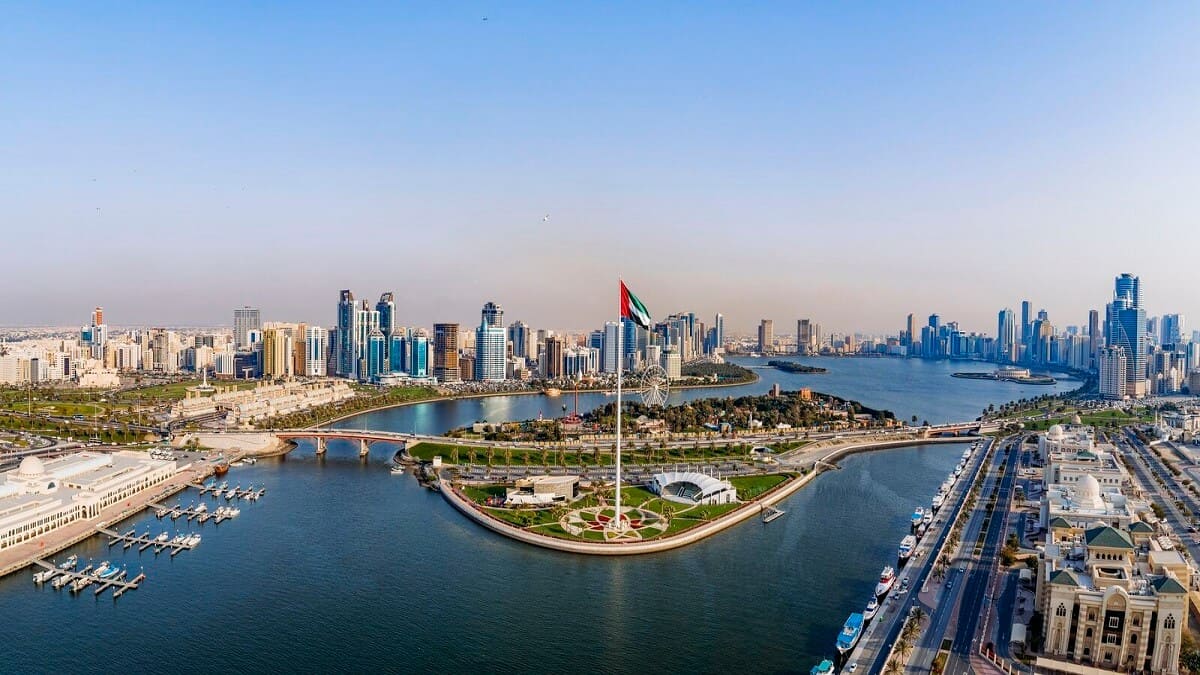
In addition, the UAE has one of the most robust maritime networks in the region, connecting its ports to the rest of the world. These include the ports of Abu Dhabi and Dubai, as well as major ports in Fujairah and Sharjah. In total, the country has 12 commercial ports and 310 seaports, with a capacity to handle 80 million tonnes of goods.
Among the most prominent ports are Khalifa Port in Abu Dhabi, Port Rashid and Jebel Ali in Dubai, and the container port of Khor Fakkan in Sharjah. According to the World Shipping Council, two of the world's 50 largest container ports are in the UAE, with Jebel Ali being one of the top ten, cementing its position as a crucial gateway for maritime trade in the region.
Emirati ports handle 60 per cent of the total volume of containers and cargo destined for the Persian Gulf countries. The country continues to make progress in developing its maritime sector, a key pillar of its economy, as, in terms of global competitiveness, UAE ports are among the top ten in the world in container handling, and the country ranks third globally in maritime trade facilitation and bunkering of ships.
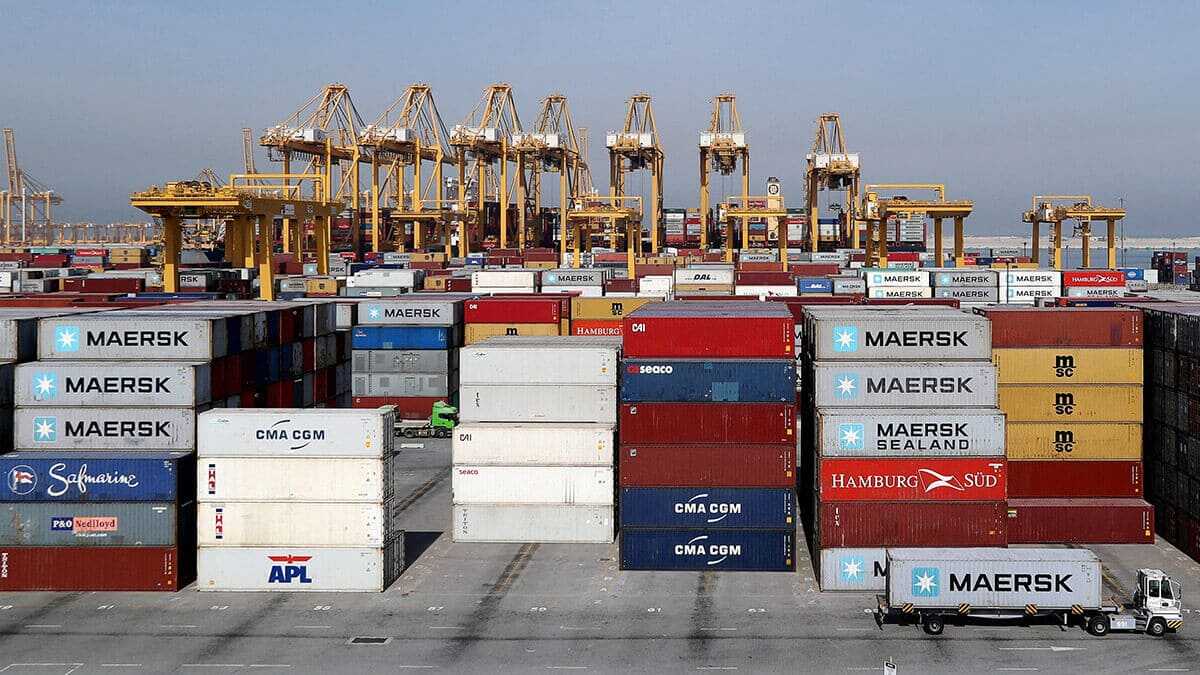
Moreover, a report by the United Nations Conference on Trade and Development (UNCTAD) ranks the UAE fourth globally among the 30 best performing economies in speed of ship handling and shipping via dry bulk carriers. In addition, the country ranks sixth in the Cargo and Vessel Handling Performance Index for tankers.
Emirati ports stand out globally for their capacity in cargo handling, ship movement, speed of operations and use of advanced technology. In terms of the strength of its shipping fleets, the UAE ranks 13th globally and first in the Middle East, also leading in the connectivity index between seaports in the region.
The UAE's efforts in maritime, land, rail and air transport are aligned with sustainability goals, reducing emissions and complying with global agendas such as the UN Global Compact, the Sustainable Development Goals and the Paris Agreement on Climate Change.

Abu Dhabi Ports, a major driver of global trade, plays a crucial role in connecting Abu Dhabi to the rest of the world. Its portfolio includes 28 terminals and a presence in more than 50 countries, with key ports such as Khalifa Port, known for its capacity and strategic location.
For its part, DP World seeks to optimise the flow of trade, accelerating its movement to create smoother supply chains. Its portfolio includes major ports such as Jebel Ali, one of the world's most advanced ports with a capacity of 22.4 million TEUs, and Hamriyah Port, renowned for its efficiency in bulk cargo handling.
The UAE continues to consolidate its position as a global leader in the maritime sector, thanks to an advanced port infrastructure, a robust global connectivity network and a strong commitment to sustainability and innovation. This progress not only strengthens its economy, but also significantly boosts global trade.

